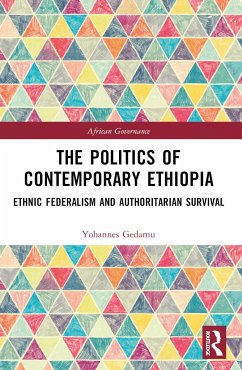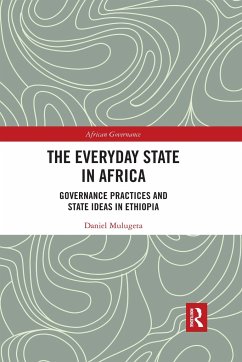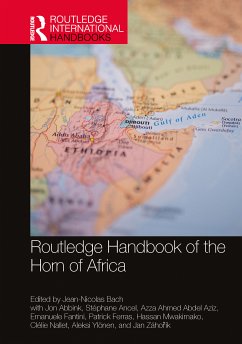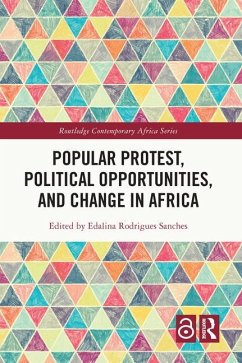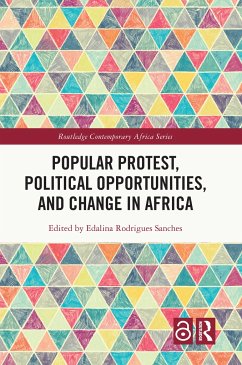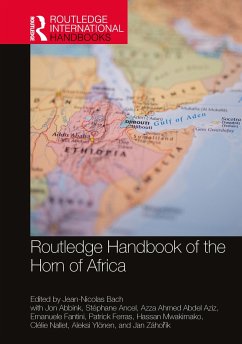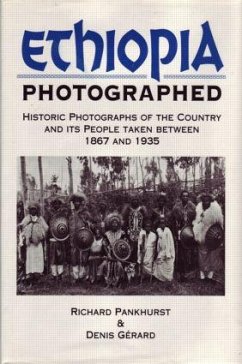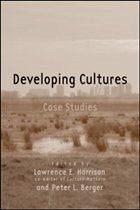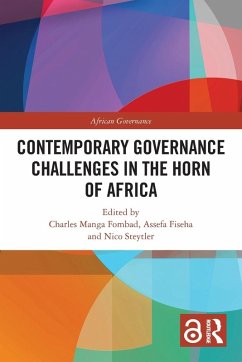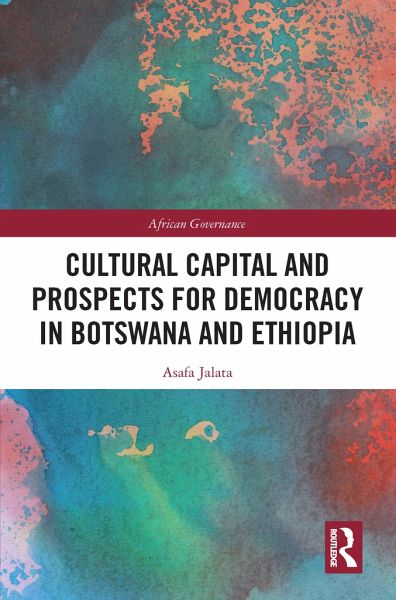
Cultural Capital and Prospects for Democracy in Botswana and Ethiopia
Versandkostenfrei!
Versandfertig in 6-10 Tagen
45,99 €
inkl. MwSt.
Weitere Ausgaben:

PAYBACK Punkte
23 °P sammeln!
This book focuses on and examines the impact of cultural capital, political economy, social movements, and political consciousness on the potential development of substantive democracy in Botswana and Ethiopia. While explaining the challenges, obstacles, and opportunities for the development of democracy, Cultural Capital and Prospects for Democracy in Botswana and Ethiopia engages in defining democracy as a contested, open, and expanding concept through a comparative and historical examination. The book's analysis employs interdisciplinary, multidimensional, comparative methods and critical a...
This book focuses on and examines the impact of cultural capital, political economy, social movements, and political consciousness on the potential development of substantive democracy in Botswana and Ethiopia. While explaining the challenges, obstacles, and opportunities for the development of democracy, Cultural Capital and Prospects for Democracy in Botswana and Ethiopia engages in defining democracy as a contested, open, and expanding concept through a comparative and historical examination. The book's analysis employs interdisciplinary, multidimensional, comparative methods and critical approaches to examine the dynamic interplay among social structures, human agencies, cultural factors, and social movements. This comparative and historical study has required an examination of critical social history that looks at societal issues from the bottom up: specifically critical discourse and the particular world system approach, which deal with long-term and large-scale social changes.
Cultural Capital and Prospects for Democracy in Botswana and Ethiopia will be of interest to scholars and students of African politics, political theory, and democratization.
Cultural Capital and Prospects for Democracy in Botswana and Ethiopia will be of interest to scholars and students of African politics, political theory, and democratization.





